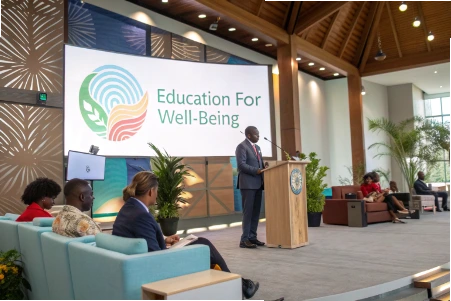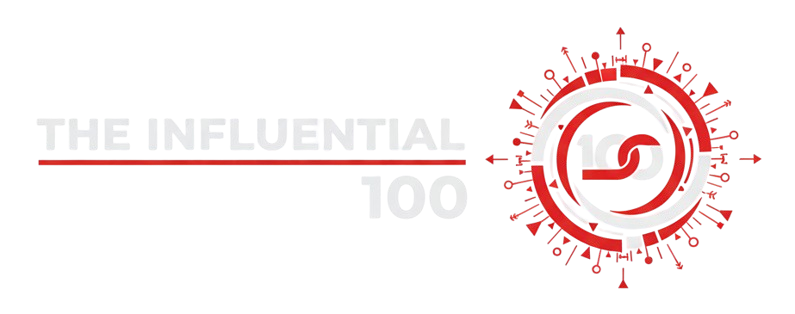
EDUCATION
UNESCO Empowers Caribbean Nations with New Framework for Health and Well-Being in Schools
In a landmark initiative aimed at nurturing healthier learning environments, UNESCO has introduced a comprehensive framework to strengthen health and well-being programs across schools in the Caribbean. The framework seeks to integrate physical, mental, and social health education into national curricula—empowering students, educators, and communities to build resilience and long-term well-being.
A Holistic Approach to Education and Health
The newly launched framework recognizes that education and health are deeply interconnected. By addressing issues such as nutrition, mental health, gender equality, and sexual education, UNESCO aims to ensure that schools evolve beyond traditional learning centers to become hubs of holistic development.
“Healthy students learn better, and educated students make healthier choices,” said a UNESCO regional coordinator. “This initiative brings that synergy to life by embedding health into the heart of education policy.”
Strengthening Regional Collaboration
The program encourages Caribbean nations—including Jamaica, Barbados, Trinidad and Tobago, and Saint Lucia—to collaborate on shared health priorities and data-driven policy design. With regional disparities in access to healthcare and educational resources, the framework promotes coordinated action, knowledge sharing, and cross-border capacity building.
By providing technical guidance, teacher training resources, and culturally adaptive curriculum tools, UNESCO is ensuring that implementation aligns with local contexts while upholding global health education standards.
Mental Health Takes Center Stage
In response to the rising rates of anxiety, depression, and social stress among youth, the framework places particular emphasis on mental health literacy and early intervention. Schools will be equipped with counseling support, peer-led programs, and inclusive wellness activities designed to create safe spaces for dialogue and emotional growth.
This marks a progressive shift from reactive health policies to proactive well-being strategies—ensuring students are not only academically competent but emotionally supported and socially empowered.
Empowering the Next Generation
Beyond improving classroom well-being, the initiative underscores a larger vision: building a generation of leaders who value health as a foundation for sustainable development. By embedding well-being education into everyday school life, UNESCO aims to inspire systemic change that extends far beyond the classroom walls.




